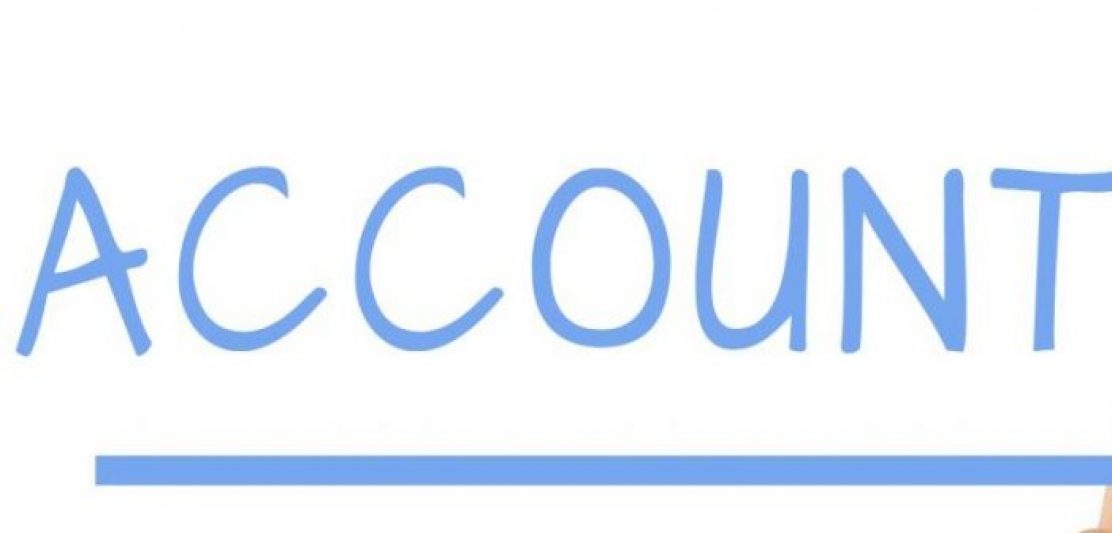Choosing to become a CPA is an investment in your future; obtaining the necessary certification nearly guarantees financial wellbeing regardless of the way you choose to apply it. So, when it comes to CPA software, does the same idea apply? In our opinion, CPA software is an excellent investment. Whether you work for a firm or independently, finding the perfect software tool can help you maintain control over client data, complete and file tax and wage reports, and keep pace with the world of accounting.
New data management software
The technology of bookkeeping tools is consistently changing, and accountants are getting in on the progress. Software is now available to streamline nearly all responsibilities accountants have in a variety of positions. However, the type of software you choose to utilize depends on your specific function as a CPA. Do you take on individual client tax reporting, or are you employed in-house at a business? Though these functions are similar, the ways in which you deploy accounting knowledge are inherently different. To help you out, we’ve figured out the best software for each scenario.
Payroll accounting software
If you work as an accountant for a specific business, your work is tied, necessarily, to payroll. As a result, we recommend purchasing a software compatible with typical payroll functions—everything from processing to withholding tax recording. In choosing a software with this function, you gain access to the data necessary for monthly, quarterly, and end-of-year reporting. The software need not only apply to payroll. In fact, it should have a form filing feature. To get the most out of your product, we suggest purchasing a semi-automated and modular software, which will allow you to choose the functions you need most.
Cloud-based software
If you work on individual clients, your software should look slightly different. You will not need a payroll background or foundation but will instead need to collect data and complete relevant forms. If this most closely describes your experience, look for cloud-based form filing software. Data hosting should be your top priority—taking on clients means collecting and storing data, potentially for years. In selecting a cloud-based storage system, you ensure the data is available regardless of your location. Then, filing the necessary forms becomes significantly easier.
